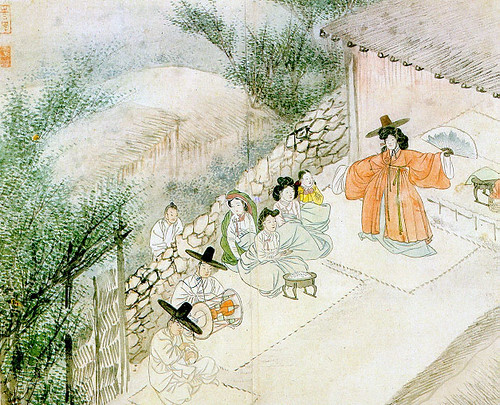Welcome to Word Buzz Wednesday, your go-to place for some of the most interesting words of the week. The latest: an untruthy word of the year, a POTUS blend we’ll miss, a magical ancient religion.
post-truth
“Post-truth, which has become associated with the phrase ‘post-truth politics’, was chosen ahead of other political terms, including ‘Brexiteer’ and ‘alt-right’ from a shortlist selected to reflect the social, cultural, political, economic and technological trends and events of the year.”
“‘Post-truth’ declared word of the year by Oxford Dictionaries,” BBC, November 16, 2016
Post-truth is defined as “relating to circumstances in which objective facts are less influential in shaping public opinion than emotional appeals,” says the BBC. The term was first used in 1992, according to Oxford Dictionaries, with its frequency of usage increasing “by 2,000% in 2016 compared with last year.”
See also truthiness.
emolument
“If you’ve never heard the term emolument, it’s because it has rarely cropped up in the context of the US presidency in recent memory. Oval Office occupants in past decades have tried hard to avoid conflicts of interests.”
Ana Campoy, “There’s a word for the profit Donald Trump can make from being president,” Quartz, November 23, 2016
Emolument refers to payment of compensation for an office or employment. Quartz says the Emoluments Clause of the U.S. Constitution “bars office holders from receiving economic benefits from foreign governments.” Currently, “there’s a debate over whether the president-elect’s wide-ranging business dealings abroad violate that rule.”
The word emolument comes from the Latin ēmolumentum, “gain, originally a miller’s fee for grinding grain.”
BROTUS
“President Obama and Vice President Biden have long been open about their friendship and respect for one another, so much so that the POTUS bromance has come to be known as a ‘BROTUS.’”
Barbara Sprunt, “#MemeoftheWeek: The Best Of The Obama-Biden ‘BROTUS’,” NPR, November 15, 2016
BROTUS is a blend of POTUS and bro. Bro was first used to mean “a close male friend” around 1969, says the Oxford English Dictionary (OED). Bromance, an intimate yet nonsexual relationship between two men, is attested to 2001.
POTUS, an acronym that stands for “President of the United States,” was first used in 1895, also according to the OED. SCOTUS, Supreme Court of the United states, is slightly older (1879) while FLOTUS, First Lady of the United States, is much newer (1983).
pin-pen merger
“Weirdly enough, this accent class was called a ‘neutralization technique’ at Carnegie Mellon: theoretically, the idea is that it removes regional signifiers like the pin-pen merger.”
Dan Nosowitz, “How A Fake British Accent Took Old Hollywood By Storm,” Atlas Obscura, October 27, 2016
In the pin-pen merger, says Atlas Obscura, the word “pen” sounds like “pin,” and is “indicator that a speaker is from the American South.” The “fake” British accent made famous by the likes of Cary Grant and Katharine Hepburn seeks to eradicate regional signifiers like the pin-pen merger. It’s sometimes referred to as the Mid-Atlantic accent while 1940s elocutionist Edith Skinner called it “Good Speech.”
Muism
“While Christianity and Buddhism are officially the two biggest religions, Choi’s religious universe is a syncretic one, mixing the two religions with many shades of magical shamanism, or Muism.”
Ilaria Maria Sala and Isabella Steger, “A Rasputinesque mystery woman and a cultish religion could take down South Korea’s president,” Quartz, October 28, 2016
Muism, which comes from the Korean mugyo, “shaman religion,” is “the indigenous religion of the Korean Peninsula,” says World Atlas. Evidence dates the religion back as much as 5,000 years ago. Muism rituals “involve a shaman contacting the spirit world,” moving in and out of trances with his or her soul “leaving the body and traveling to other realms,” where, followers believe, “spirits help the shaman perform spiritual, psychological, and physical healing.”
